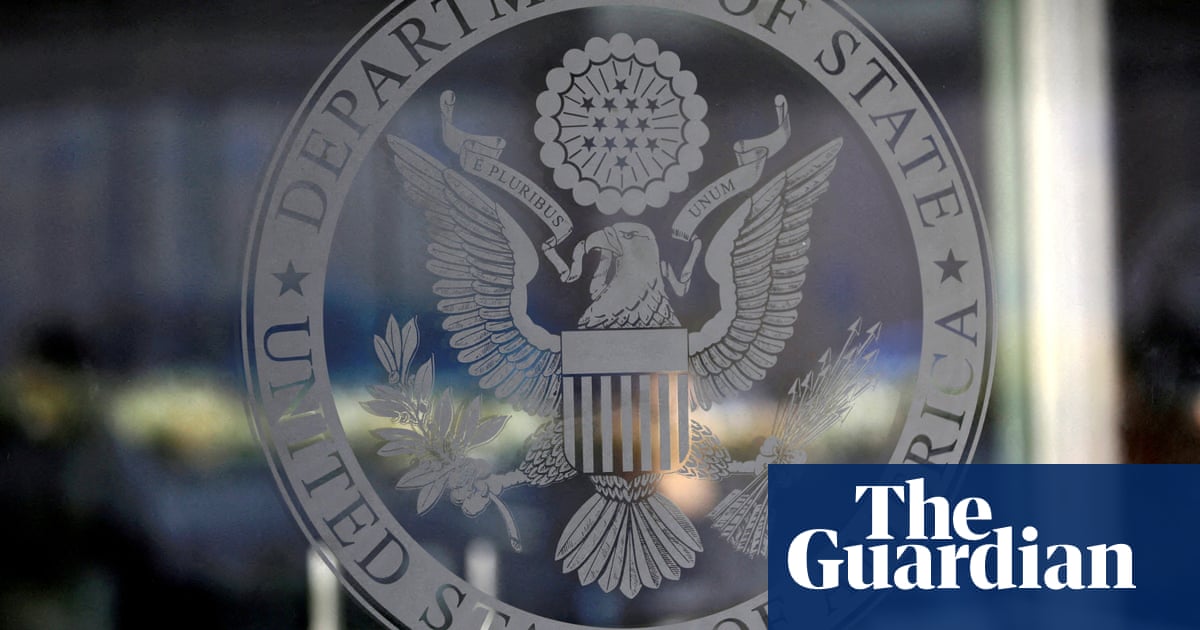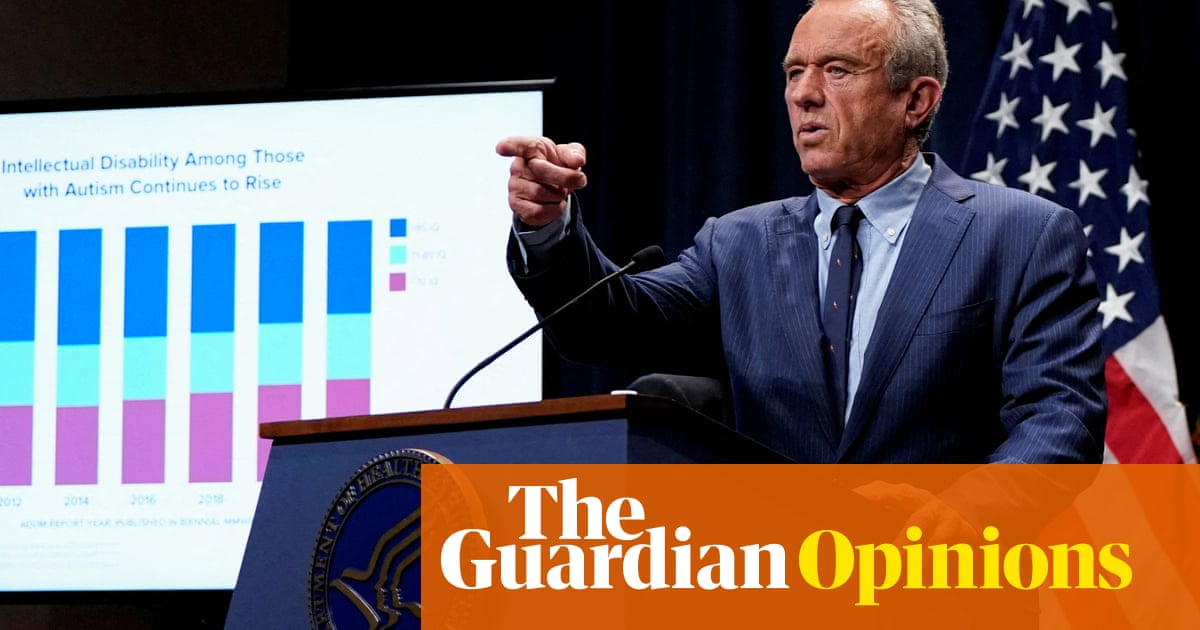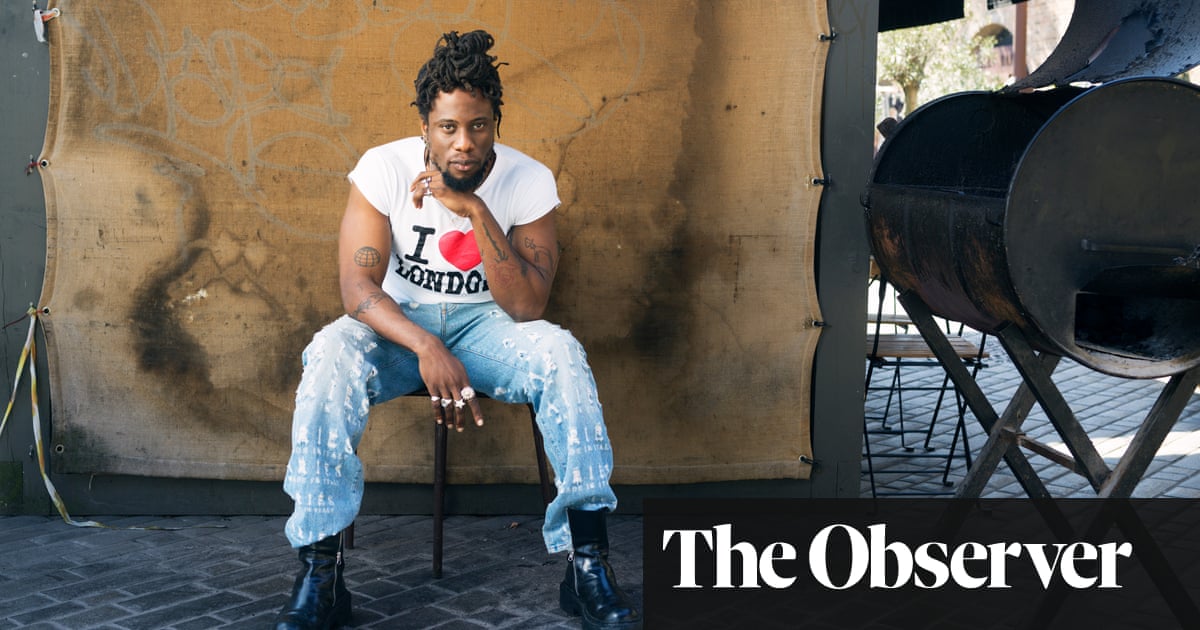When I was growing up, only children were generally regarded as unfortunate souls; lonely, socially clumsy and often bullied. Partly, this was because they were unusual back then, and as those who’ve observed just about any species know, unusual individuals tend to be singled out by the pack. Today we live in a different world. From the late 1960s and 70s, the contraceptive pill, women’s increasing control over their lives and IVF meant that parents were better able to plan their families and often chose to make them smaller. The single child no longer stuck out so much.
But the stereotype has proved to be tenacious – so much so that many people still feel anxiety about the issue: parents over whether they have deprived their child of the experience of having siblings, only children that they may have missed out on a crucial part of their development.
It’s important to address these anxieties, as the trend towards smaller families shows no sign of abating. According to the Office for National Statistics (ONS), women born in 1935 had an average of 2.42 children, whereas those born in 1969 had only 1.91. Women born in 1984, the ONS’s most recent cohort, have thus far had an average of 1.02 children (although because women today often have children when they are older, this figure may increase slightly). As of last year, Statista states there are now 3.7 million one-child families in the UK – just over 45% of the total. Based on current data, it’s estimated that by 2031 half of all UK families will be raising just one child.
As a clinical psychologist with more than 40 years’ experience working with families and children, I’d like to reassure parents that having one child is now an excellent decision – and here are some of the reasons.
First, a lot of the stigma, the source of so many difficult developmental experiences, has melted away because of the numbers game. It’s simply much less unusual to have no siblings, and less likely to draw unkind attention. This is especially welcome because a bullied child will tend to avoid social situations, depriving them of the kind of opportunities for interaction they might have had less of to start with.
Second, the data that gave the stereotype of an ill-adjusted, unhappy only child a veneer of scientific credibility has been thoroughly debunked. Much of it was the result of a questionnaire that American psychologist EW Bohannon gave to 200 adults in the late 19th century. Bohannon asked respondents to recount the peculiarities of any only children they knew. From this “study” – based on secondhand opinions, biased language, and without a control group – Bohannon concluded that only children were generally spoiled, selfish, intolerant and self-obsessed. Why this description endured for so long is still unclear, but it may be in part because Bohannon was the protege of the hugely influential psychologist G Stanley Hall. Hall is reported to have said that “being an only child is a disease in itself”.
More recent, better-designed investigations have, unsurprisingly, utterly failed to uphold these claims. A meta-analysis of more than 100 studies, published by Toni Falbo at the University of Texas at Austin concluded that, overall, the characteristics of children with and without siblings don’t differ significantly. Yet, surprisingly, the myth of the unhappy single child persists.
That isn’t to say that there aren’t any differences at all between single children and others. For example, recent research in China found that they are often more competitive and less tolerant of others; but they also tend to be better at lateral thinking and are more content spending time alone. And while having siblings comes with benefits, in terms of plenty of unsupervised interactions and the resulting boost to social skills, it also has drawbacks, including childhood jealousy and less access to parental attention.
Often people’s anxieties about single-child families are projected into the future. Isn’t it better to have siblings to share memories with in adulthood and who can lighten the load of caring for elderly parents should that become necessary?
Perhaps. It’s true that I’ve worked with a number of only children who complain of exhaustion as they care for their parents in later life. But I would counter that by noting that the worst relationship issues I’ve had to deal with in my clinics are not those between couples, but among adult siblings when it comes to sharing out responsibility for the care of their parents, and who’s entitled to what once they die.
Finally, are parents who have large families happier than those who have just one child? Apparently not. Research from the LSE which included British, German and Danish subjects found that subjective wellbeing is highest around the birth of a first child, but then – for mothers, although not significantly so for fathers – wellbeing gradually decreases with the birth of subsequent children.
When it comes down to it, there are advantages and disadvantages, and any disadvantages for the child can be compensated for by skilful parenting. This is perhaps the key message for mothers or fathers worried about the issue: nothing is set in stone. In the case of only children, helping them learn to share, and prioritising flexibility – even allowing for some disorder – in day-to-day scheduling is extremely helpful, as these are some of the skills children with siblings acquire as a matter of course.
Only children may one day soon become the norm. The stigma has eased greatly, but lingers on for some in the form of niggling doubts. To those parents I say: consider having the number of children – if you wish to have children at all – that feels right for you, and ignore as best you can the unfounded stereotype of the lonely and awkward “only” child. Happiness and wellbeing depend on many factors. For children, the most important thing is not how many siblings they have, but how they are parented: whether they know they are loved for their unique self, and how happy and well adjusted they perceive those raising them to be.
Further reading
Every Family Has a Story by Julia Samuel (Penguin Life, £34.97)
The Book You Wish Your Parents Had Read by Philippa Perry (Penguin Life, £10.99)
The Whole-Brain Child by Tina Payne Bryson and Daniel Siegel (Robinson, £14.99)

 3 months ago
45
3 months ago
45













































